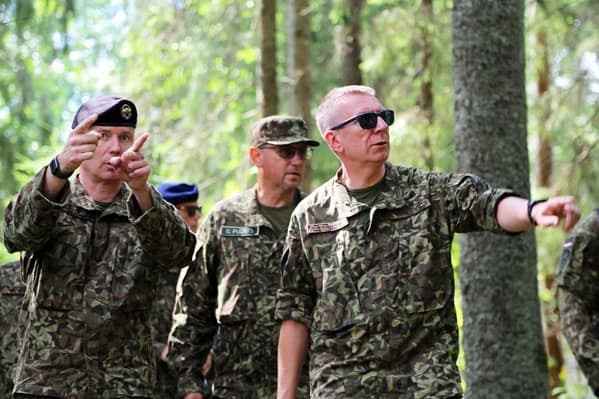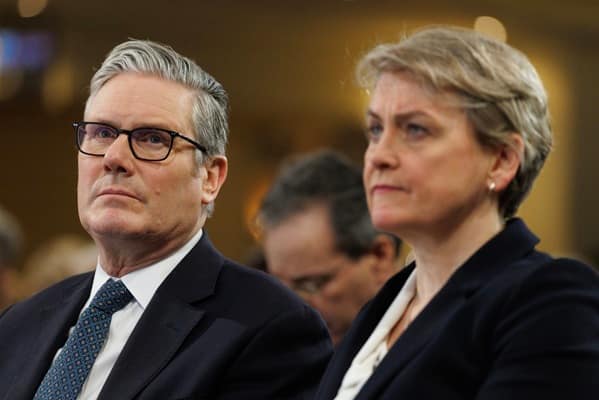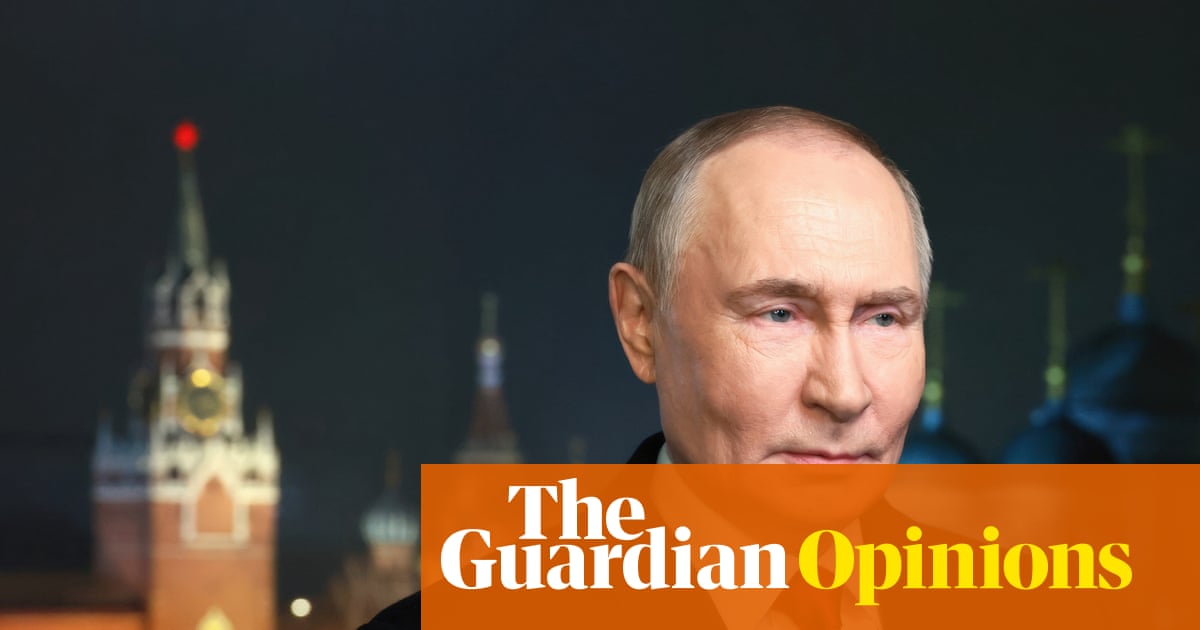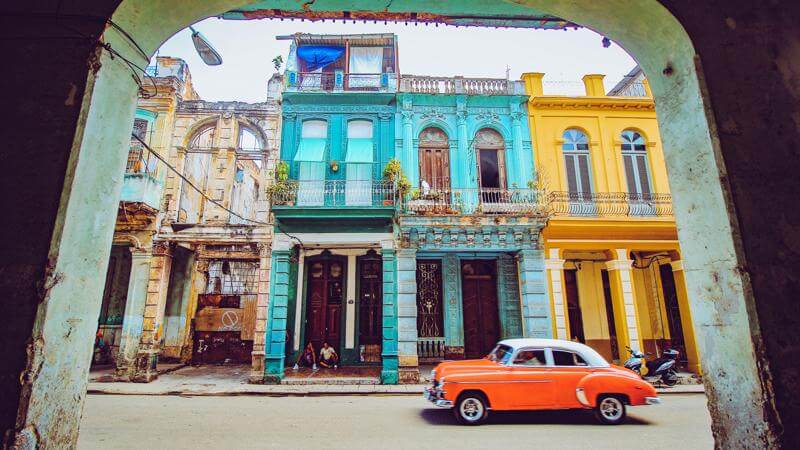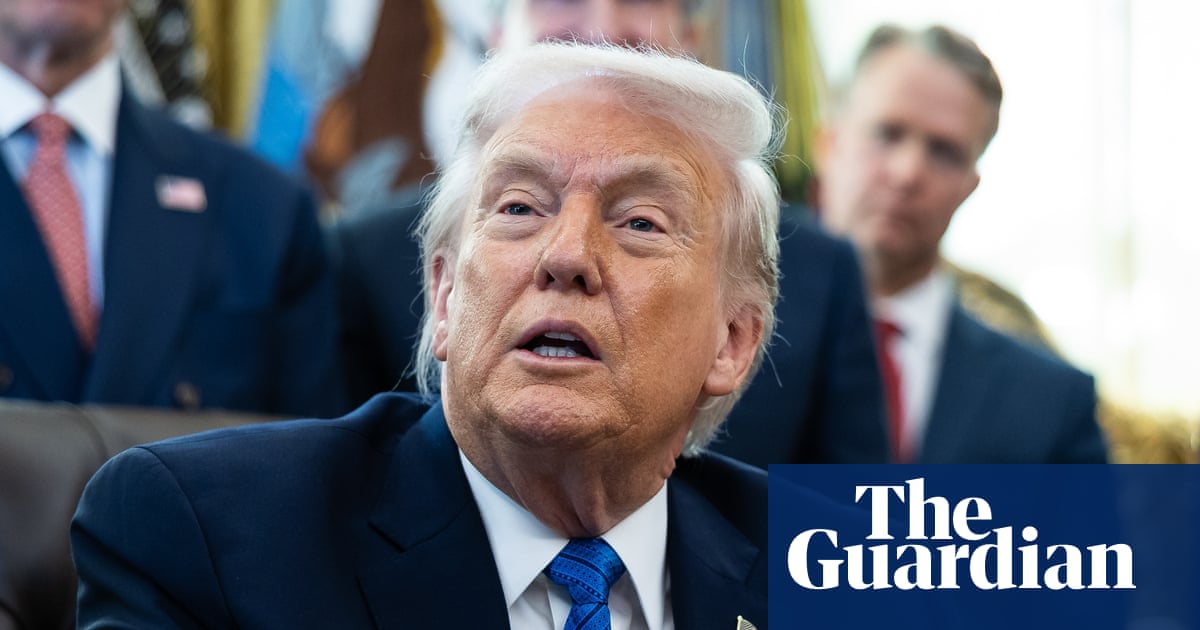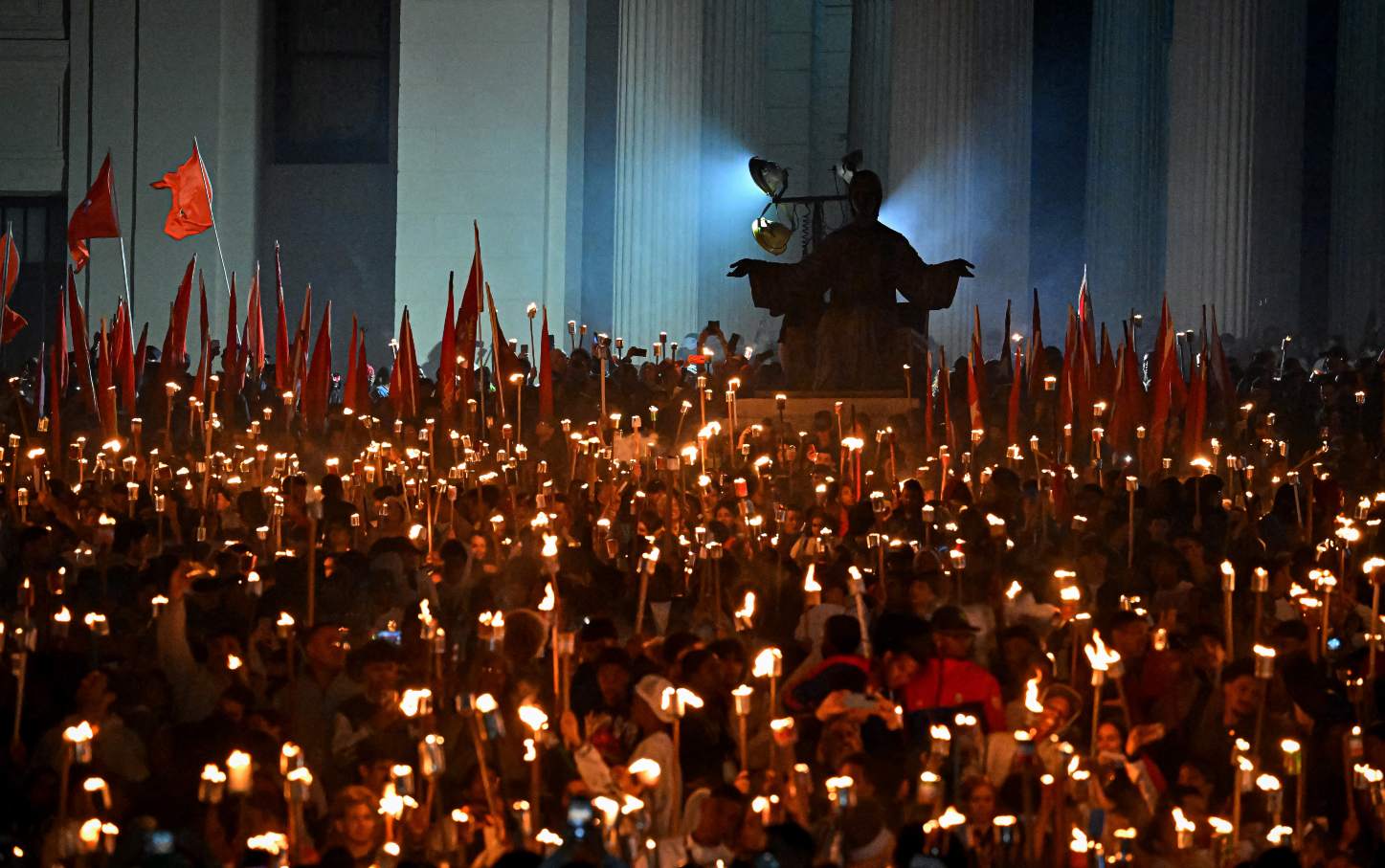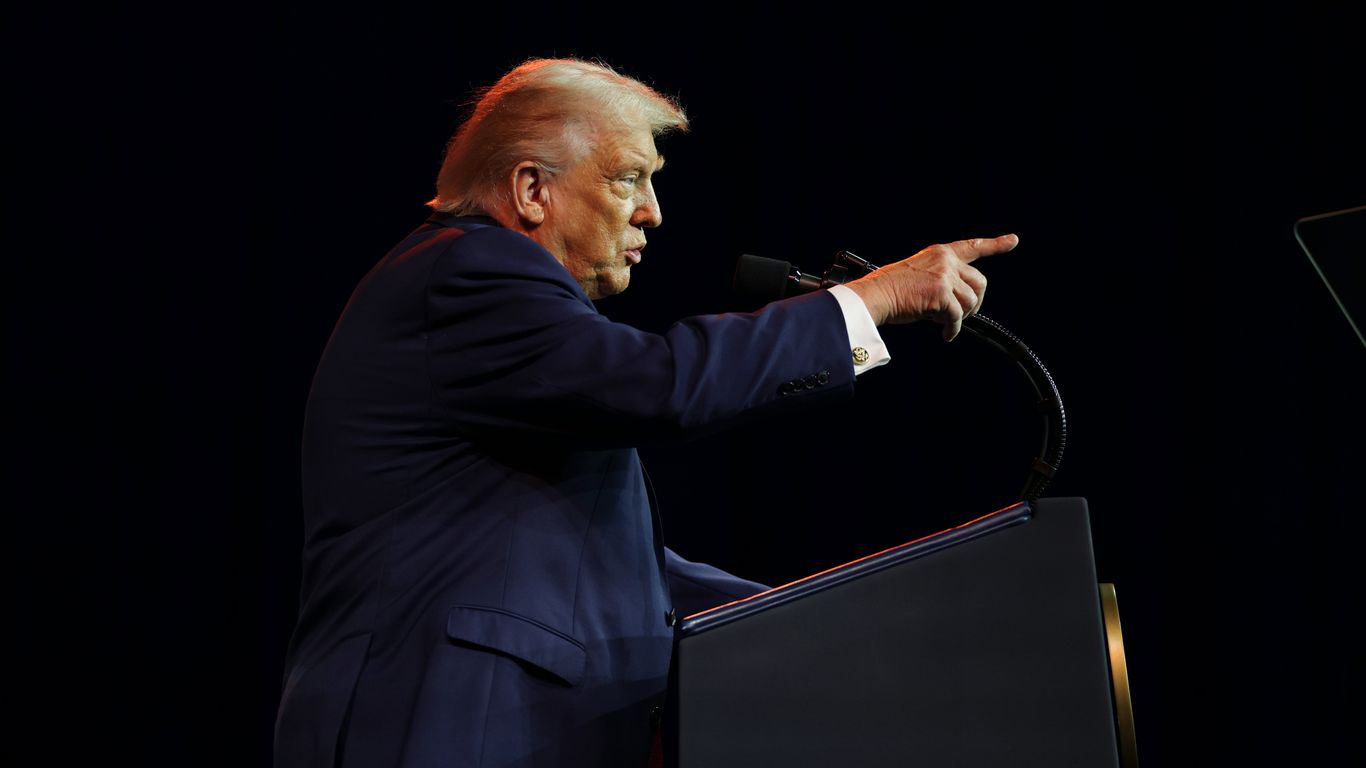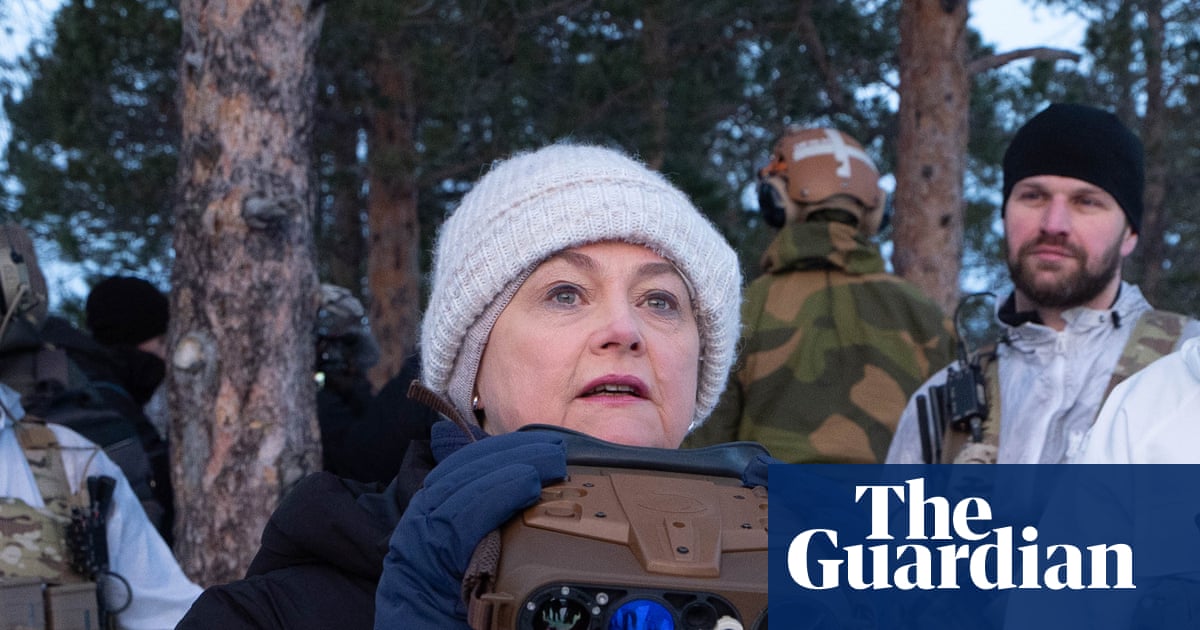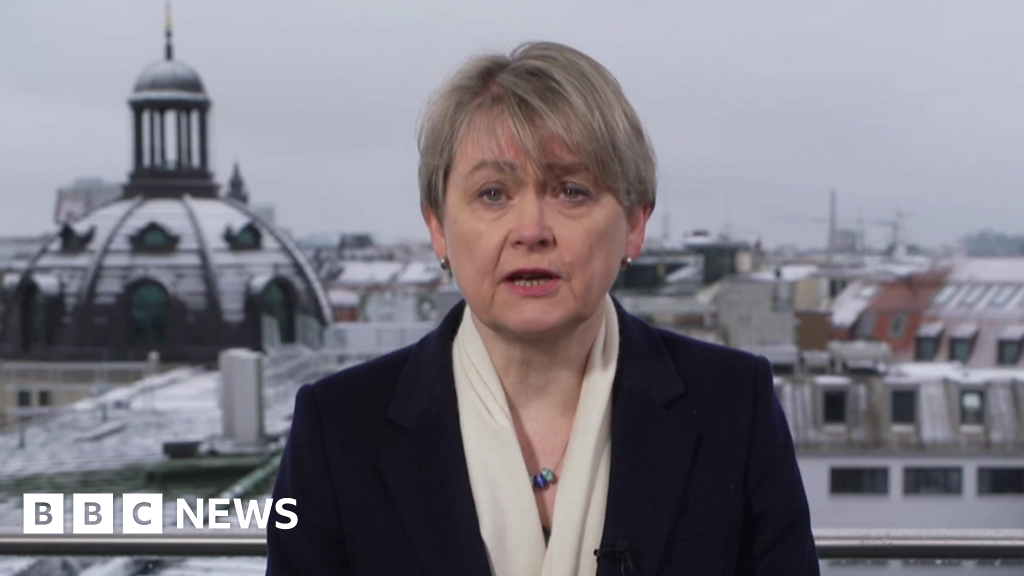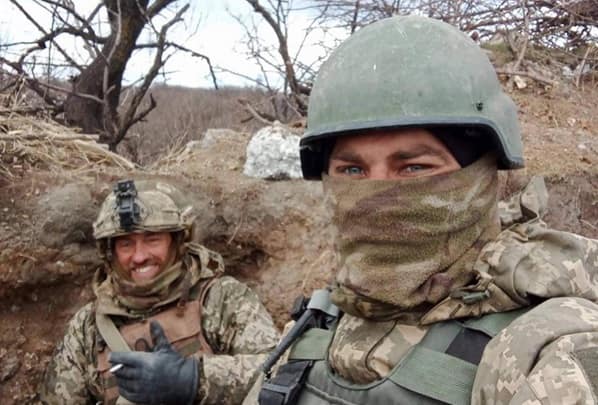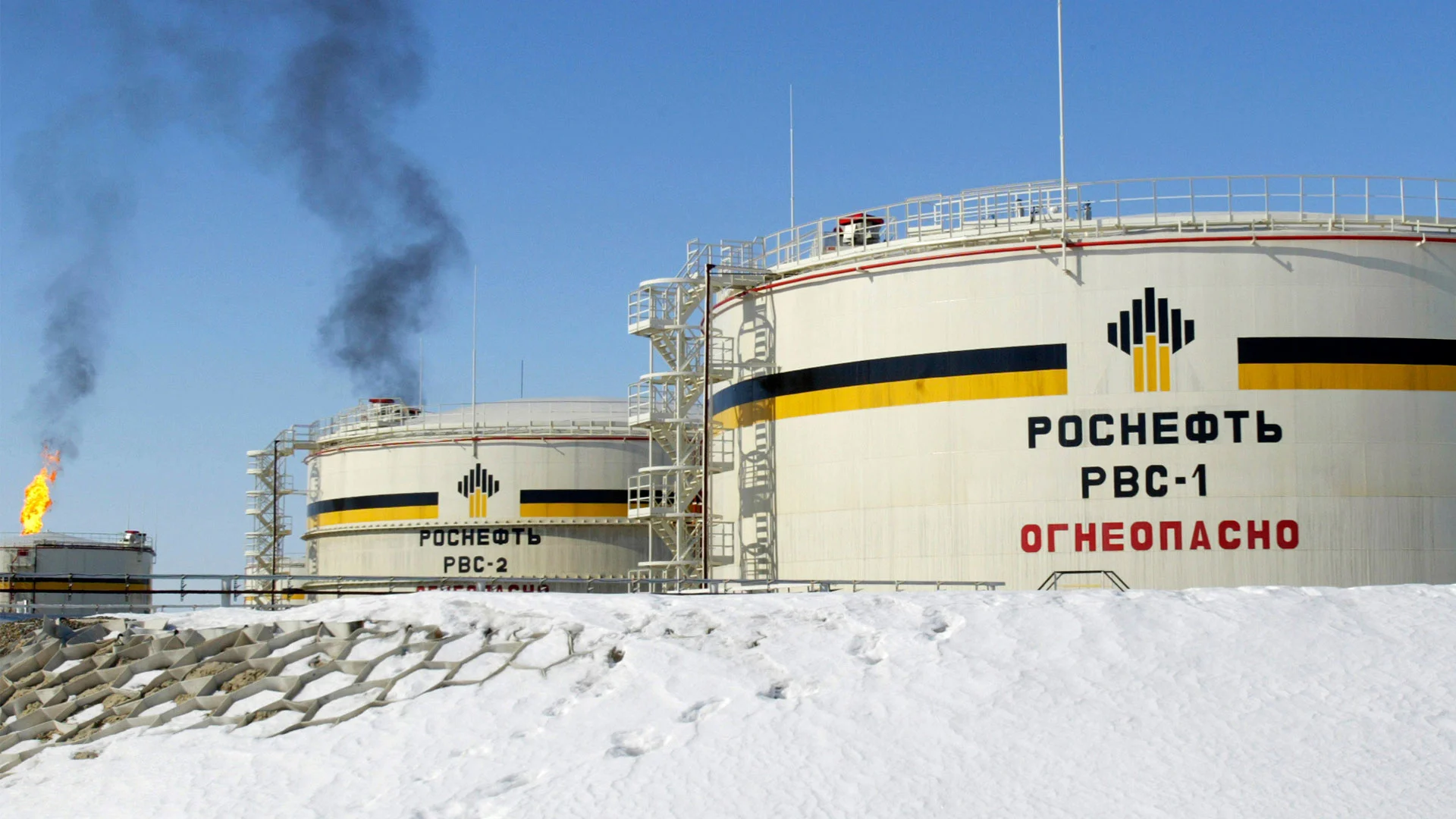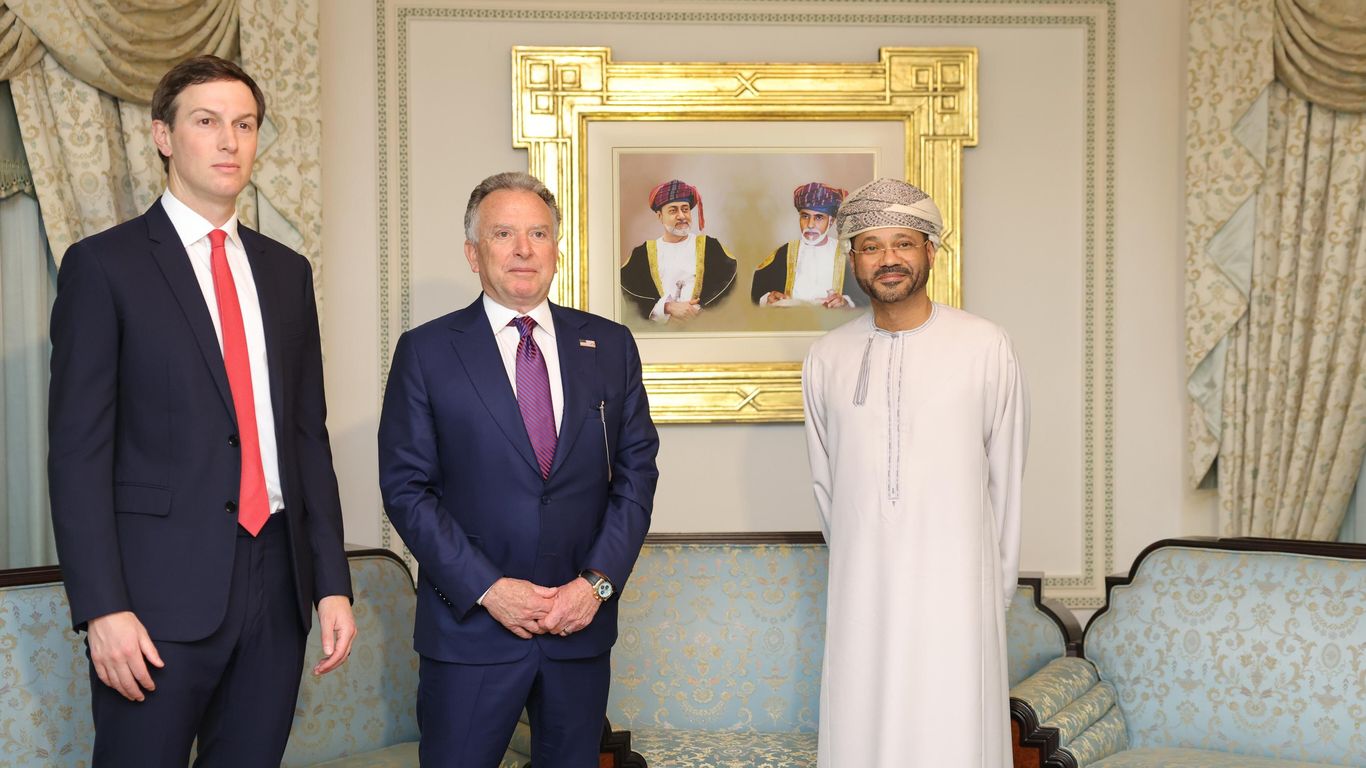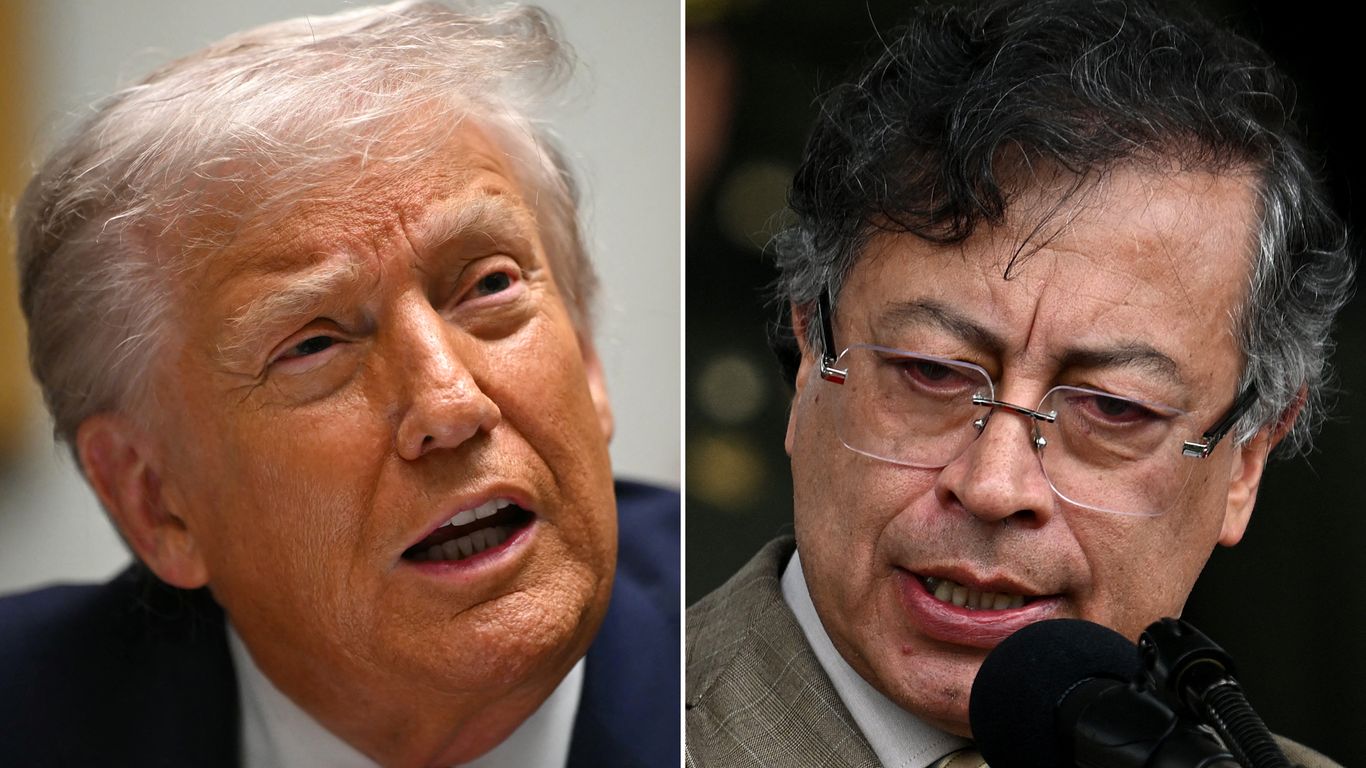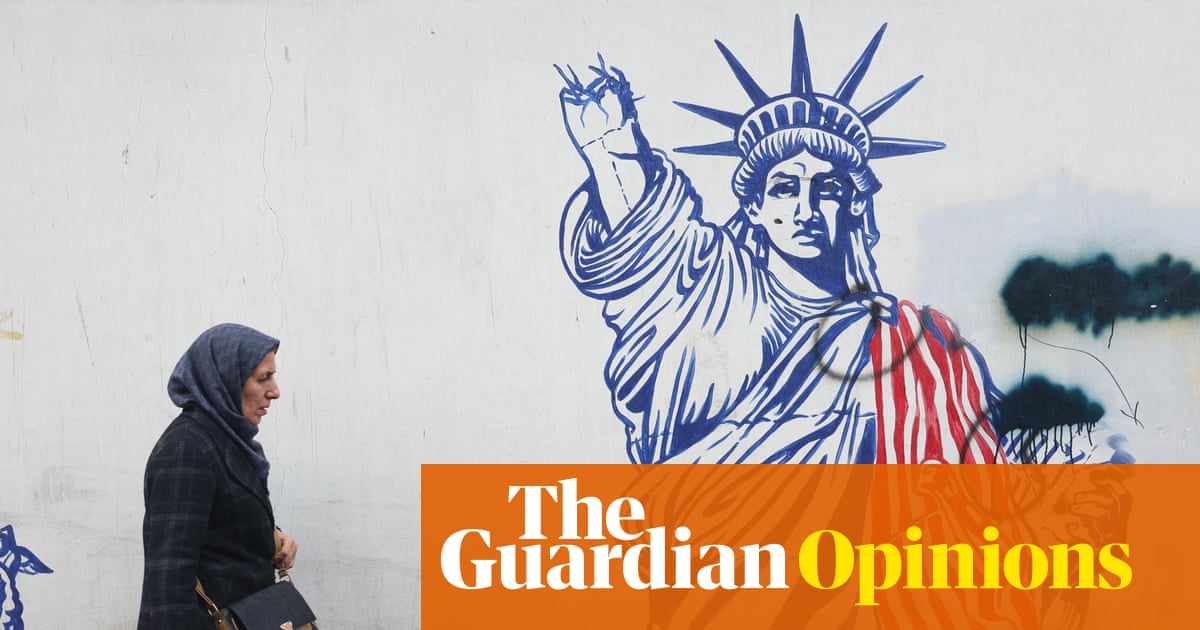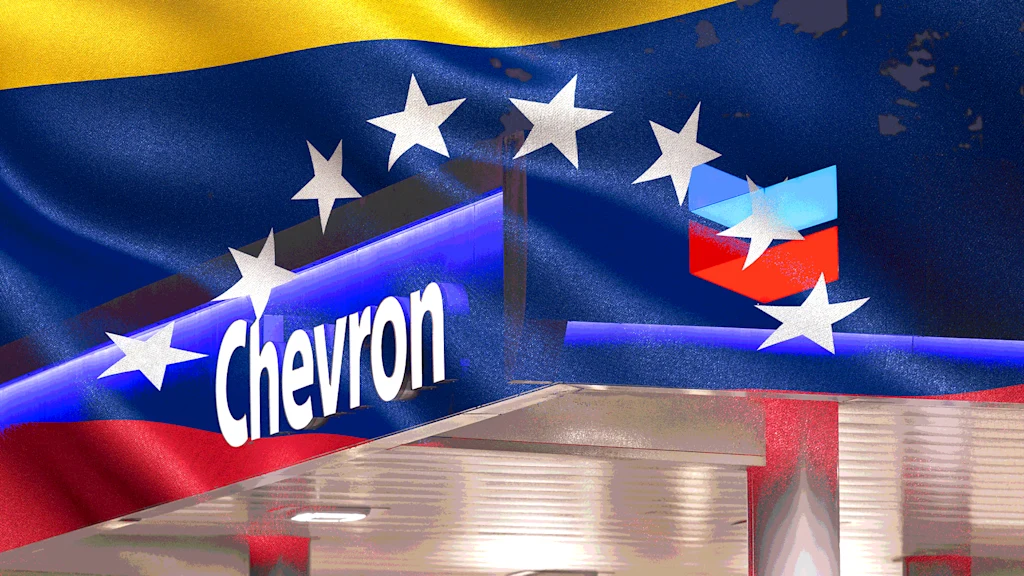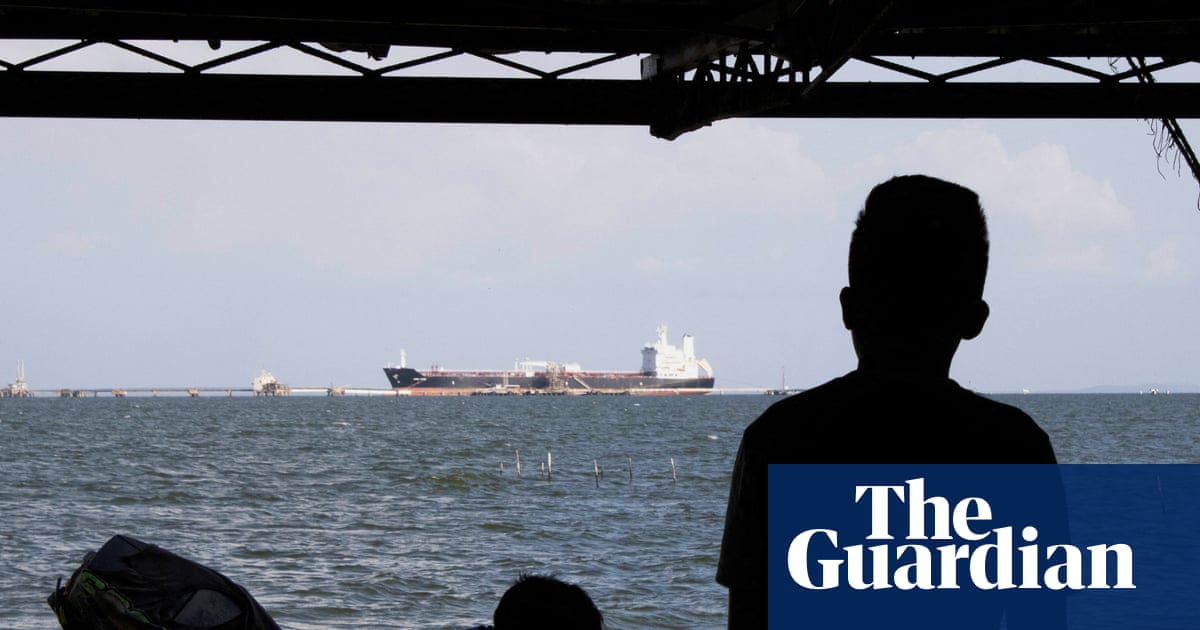#sanctions
#sanctions
[ follow ]
#venezuela #russia #us-foreign-policy #cuba #iran #us-military #ukraine #us-iran-relations #diplomacy #shadow-fleet
World politics
fromIrish Independent
3 days agoUS and Iran make 'significant progress' in talks and will meet again soon, mediator says
US and Iran held indirect talks in Geneva with plans to resume negotiations in Vienna next week, with both sides reporting progress but significant differences remaining on key issues including sanctions.
Privacy technologies
fromDataBreaches.Net
1 week agoUkrainian hackers uncover how Russian drone operators are using Belarus - DataBreaches.Net
Ukrainian sanctions target Belarusian leader Lukashenka for facilitating Russian attack-UAV control from Belarus and enabling strikes on northern Ukrainian infrastructure.
Information security
fromTechCrunch
1 week agoUkrainian man jailed for identity theft that helped North Koreans get jobs at US companies | TechCrunch
A Ukrainian was sentenced to five years for running an identity theft network that placed North Korean workers in U.S. jobs, funneling wages to Pyongyang.
fromLondon Business News | Londonlovesbusiness.com
1 week agoWhy the Kremlin is trapped in Ukraine - London Business News | Londonlovesbusiness.com
Vladimir Putin is trapped. Despite staggering losses and mounting international pressure, the Russian President shows no sign of ending the war in Ukraine - and experts say he likely can't. The Kremlin's grip on power depends on projecting strength. Analysts warn that any attempt to pull back would be seen as weakness, sparking unrest among elites and ordinary Russians alike. "For Putin, capitulation isn't an option," said a senior European security source. "Backing down would be political suicide."
Miscellaneous
fromwww.aljazeera.com
1 week agoIran's Araghchi hails good progress' in nuclear talks with US
Ultimately, we were able to reach broad agreement on a set of guiding principles, based on which we will move forward and begin working on the text of a potential agreement, Araghchi told state television after Tuesday's talks. Good progress has been made compared to the previous round in Oman earlier this month, he said, adding: We now have a clear path ahead, which I think is positive.
World news
fromLondon Business News | Londonlovesbusiness.com
1 week agoCroatia refuses transit of Russian oil to Hungary and Slovakia - London Business News | Londonlovesbusiness.com
We request Croatia to enable the transport of Russian oil to Hungary and Slovakia via the Adria pipeline, as our sanctions exemption provides the possibility to import Russian oil by sea if pipeline deliveries are disrupted,
Miscellaneous
fromIndependent
2 weeks agoIrishman sanctioned over Russian links helps super-rich invest in art, cars and watches
Businessman who was penalised by the US Treasury now helps wealthy clients acquire 'rare assets' An Irishman in Dubai sanctioned by the US because of his business dealings with Russia has reinvented himself as a consultant helping the super-rich invest in "rare assets".
Business
fromwww.theguardian.com
3 weeks agoRussian general Vladimir Alekseyev in critical condition after Moscow shooting
A top Russian military official has been taken to hospital after being shot in Moscow, state media reported. Lt Gen Vladimir Alekseyev was shot several times on the stairwell of his apartment on Friday by an unknown gunman in the north-west of the city and remains in critical condition, according to early reports. Alekseyev is a deputy director of Russia's military intelligence agency, the GRU, a unit in the defence ministry known for organising covert operations abroad, including assassinations, sabotage and espionage.
Miscellaneous
World news
fromwww.theguardian.com
3 weeks agoThe Russian economy is finally stagnating. What does it mean for the war and for Putin?
Russia avoided the predicted economic collapse, rose to ninth-largest by 2025, but faces 2026 stagnation from falling oil, high defence spending, fiscal strain and labour shortages.
Miscellaneous
fromBusiness Insider
3 weeks agoNew SpaceX way of cutting off Russians from Starlink is 'catastrophe' for Moscow, Ukrainians say
SpaceX blocked Russian Starlink access over Ukraine and implemented a whitelist to allow only approved Ukrainian terminals, disrupting Russian battlefield communications.
fromwww.theguardian.com
1 month agoDeeply ideological': the rationale behind Iran's insistence on uranium enrichment
Asked by the Guardian in November in Tehran what cost benefit analysis could possibly conclude that the nuclear programme was a worthwhile project, the foreign minister, Abbas Araghchi, referred to Iran's sovereign right under the nuclear non-proliferation treaty, the medical benefits, and the blood of past assassinated Iranian nuclear scientists. He suggested a compromise whereby a consortium including possibly the US could enrich uranium in Iran, but insisted the principle that uranium would be enriched inside Iran remained sacrosanct.
World politics
fromwww.theguardian.com
1 month agoKeir Starmer opens door to UK visit by Xi Jinping after bilateral talks
Keir Starmer has taken a major step towards rapprochement with China, opening the door to a UK visit from Xi Jinping in a move that drew immediate anger from British critics of Beijing. During the first visit by a British prime minister to China in eight years a period which Starmer described as an ice age he said talks with the Chinese president had left the bilateral relationship in a stronger place.
UK politics
World news
fromwww.theguardian.com
1 month agoSanctions are economic warfare with civilians as collateral damage | Kenneth Mohammed
Sanctions operate as instruments of economic warfare that harm civilians, depress growth, increase inequality, and serve geopolitical domination more than targeted human-rights protection.
fromTechCrunch
1 month agoAmid Trump attacks and weaponized sanctions, Europeans look to rely less on US tech | TechCrunch
Prost, whose name now shares the same list as some of the world's most dangerous people, from terrorists to North Korean hackers and Iranian spies, described the effect of sanctions on her life as "paralyzing" in an interview by The Irish Times. This high-profile case provides a glimpse into the disruption that being cut off from the U.S. can have on a person's everyday life; lawmakers and government leaders across Europe are growing more aware of the looming threat facing them at home, and their over-reliance on U.S. technology.
Miscellaneous
fromLondon Business News | Londonlovesbusiness.com
1 month agoEU reaches deal on Russian gas ban starving Putin of his blood money - London Business News | Londonlovesbusiness.com
"agreement is a long-overdue step toward dismantling one of the Kremlin's most powerful economic weapons. Every cubic meter of Russian gas kept flowing into Europe has helped finance the missiles that strike Ukrainian cities. This Regulation, if implemented without loopholes, brings Europe closer to honouring its promise to end this deadly dependency."
Miscellaneous
World news
fromBusiness Insider
1 month agoRussia could face costly write-offs in Venezuela on its oil assets and arms loans, think tank analyst says
US military action in Venezuela jeopardizes Russia's decades-long investments, oil and arms deals, and could deepen economic strain amid sanctions and weak oil prices.
fromRadioFreeEurope/RadioLiberty
1 month agoTrump Says Iran Seeks Talks Amid US Military Threats, Rising Protest Death Toll
US President Donald Trump said the Iranian leadership called to seek talks with Washington in the face of his threats of military action in response to Tehran's brutal crackdown of mass anti-government protests. "The leaders of Iran called," Trump told reporters aboard Air Force One on January 11. He added that "a meeting is being set up...They want to negotiate." However, "we may have to act before a meeting," he added without being specific.
World news
fromwww.dw.com
1 month agoVenezuela launches talks with US to restore ties DW 01/10/2026
Venezuela and the United States have taken first steps towards restoring diplomatic ties after a dramatic US military raid led to the capture and ouster of Venezuelan ex-President Nicolas Maduroand his wife Cilia Flores last week. Venezuela said on Friday that it had launched talks with the US on reestablishing relations as a team of US diplomats and a security detail visited the South American country.
World news
UK politics
fromLondon Business News | Londonlovesbusiness.com
1 month agoUS threatens to sanction 'Starmer and Britain as a whole' if he bans X - London Business News | Londonlovesbusiness.com
US threatened personal sanctions against Keir Starmer and Britain if the UK bans X over AI tool Grok producing sexualized images of children and women.
fromBusiness Insider
1 month agoUS forces launched from the Navy's most advanced aircraft carrier to seize another blockade-breaking oil tanker
US Southern Command said in a statement that Marines and sailors, working in coordination with the Department of Homeland Security, launched from the aircraft carrier USS Gerald R. Ford and captured the tanker, Olina, "without incident." It appears to be the first time that the US has directly acknowledged the Ford's involvement in the five boarding and seizure operations that began in early December. However, the government has indicated that the carrier was used for at least one of the other missions.
World news
fromwww.aljazeera.com
1 month agoTrump backs bill to sanction China, India over Russian oil, US senator says
Graham's Sanctioning Russia Act, drafted with Democrat Richard Blumenthal, would give Trump the authority to impose a tariff of up to 500 percent on imports from countries doing business with Russia's energy sector. This bill will allow President Trump to punish those countries who buy cheap Russian oil fueling Putin's war machine, Graham said in a statement, referring to Russian President Vladimir Putin.
US politics
[ Load more ]

